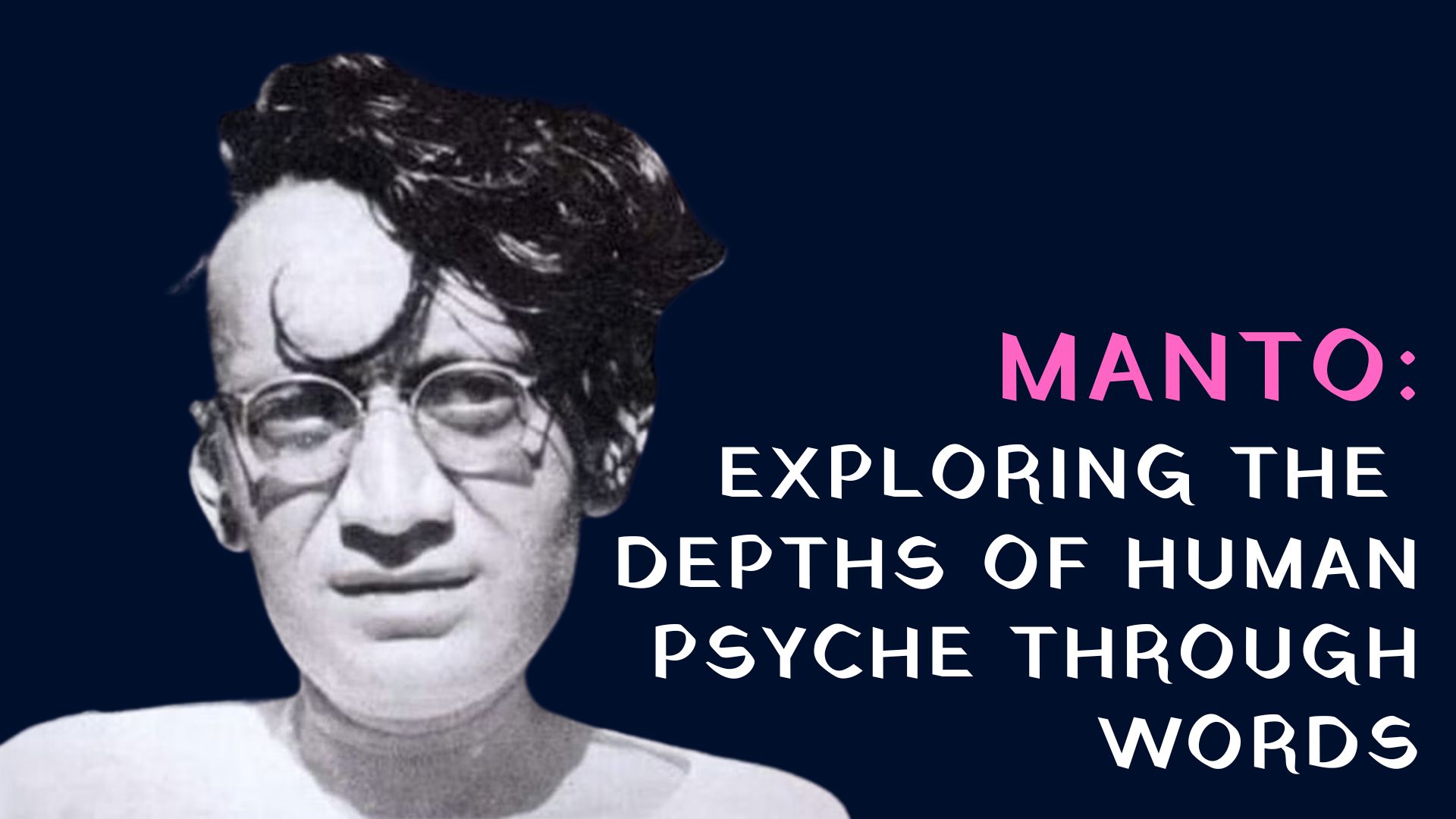
Saadat Hasan Manto: Exploring the Depths of Human Psyche through Words
 May 11, 2023
May 11, 2023Saadat Hasan Manto, a renowned Urdu writer, is widely regarded as one of the most significant literary figures in South Asian literature. Born on May 11, 1912, in Samrala, British India (now in Punjab, Pakistan), Manto's unique storytelling style and fearless portrayal of social issues have left an indelible mark on the literary landscape.
Manto's childhood was spent in the diverse cultural milieu of British India. He was exposed to the rich tapestry of languages, religions, and traditions, which later became an integral part of his writings. Growing up in Amritsar, Manto developed a keen interest in literature and began writing at a young age.
Manto's literary journey was shaped by the tumultuous political and social climate of the time. The partition of India in 1947 and its aftermath deeply impacted him, and many of his works reflect the horrors and violence experienced during that period. Manto's own experiences as a witness to the partition tragedy played a significant role in shaping his writing style and themes.
Manto's writing style was marked by its stark realism, unflinching honesty, and a deep understanding of human psychology. He boldly explored themes such as sexuality, the dark underbelly of society, and the impact of violence on human lives. Manto did not shy away from depicting the raw and often disturbing aspects of human behavior, challenging societal norms and provoking introspection.
His short stories, often referred to as "Manto's sketches," are known for their vivid characterizations and nuanced exploration of the human psyche. With a keen eye for detail, Manto created memorable characters who grappled with their desires, fears, and societal pressures. His stories transcended the boundaries of time and space, capturing the essence of the human condition in its various forms.
Manto's body
No posts
No posts
No posts
No posts
Comments